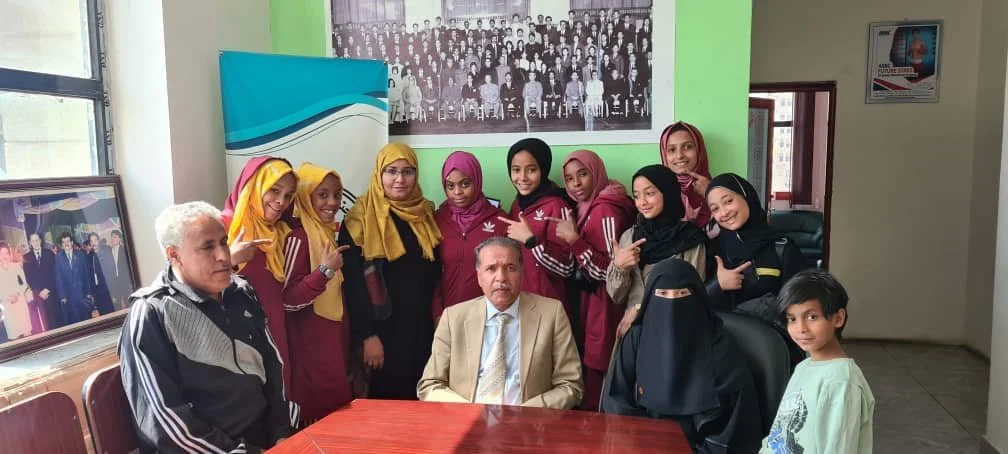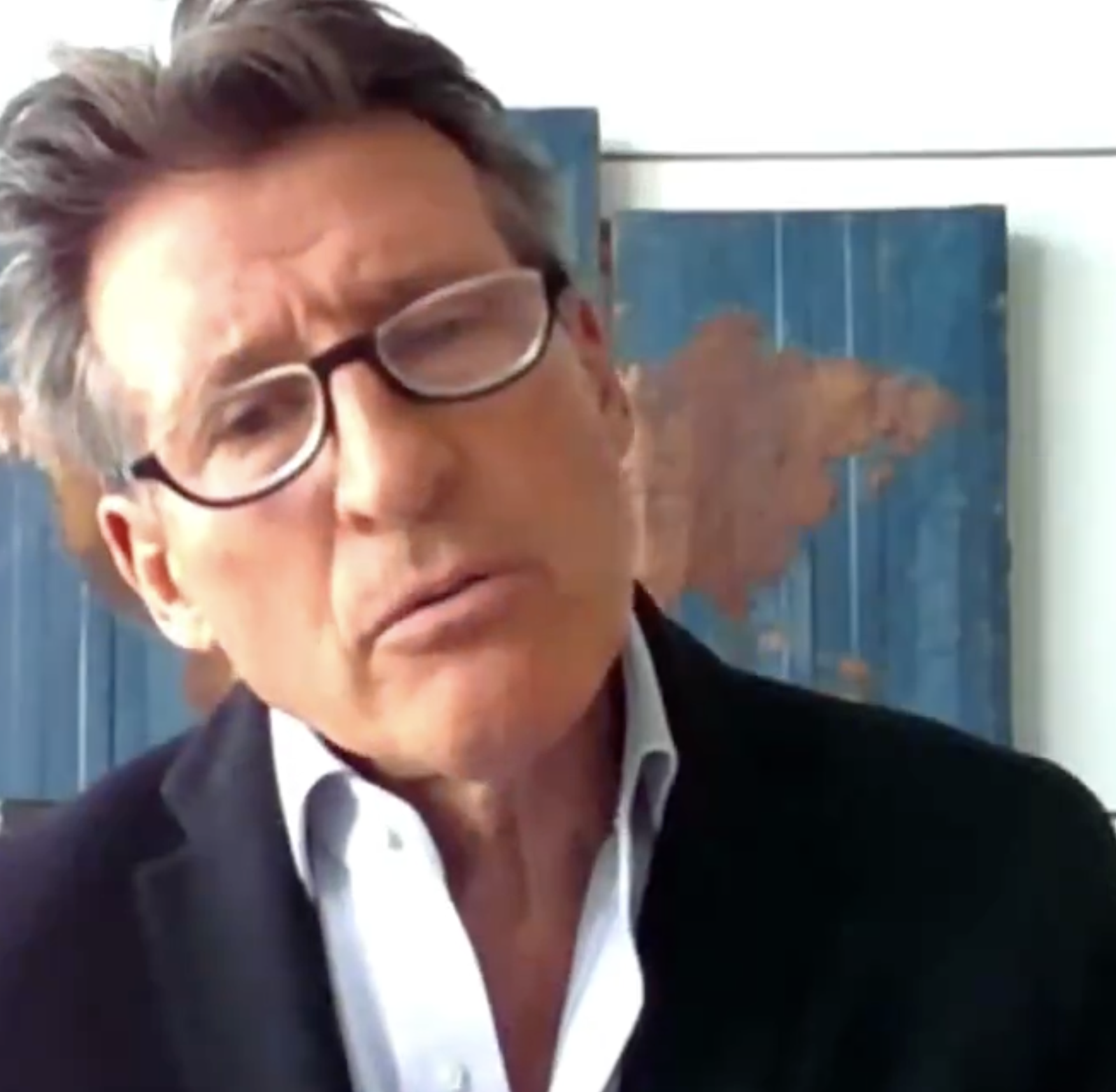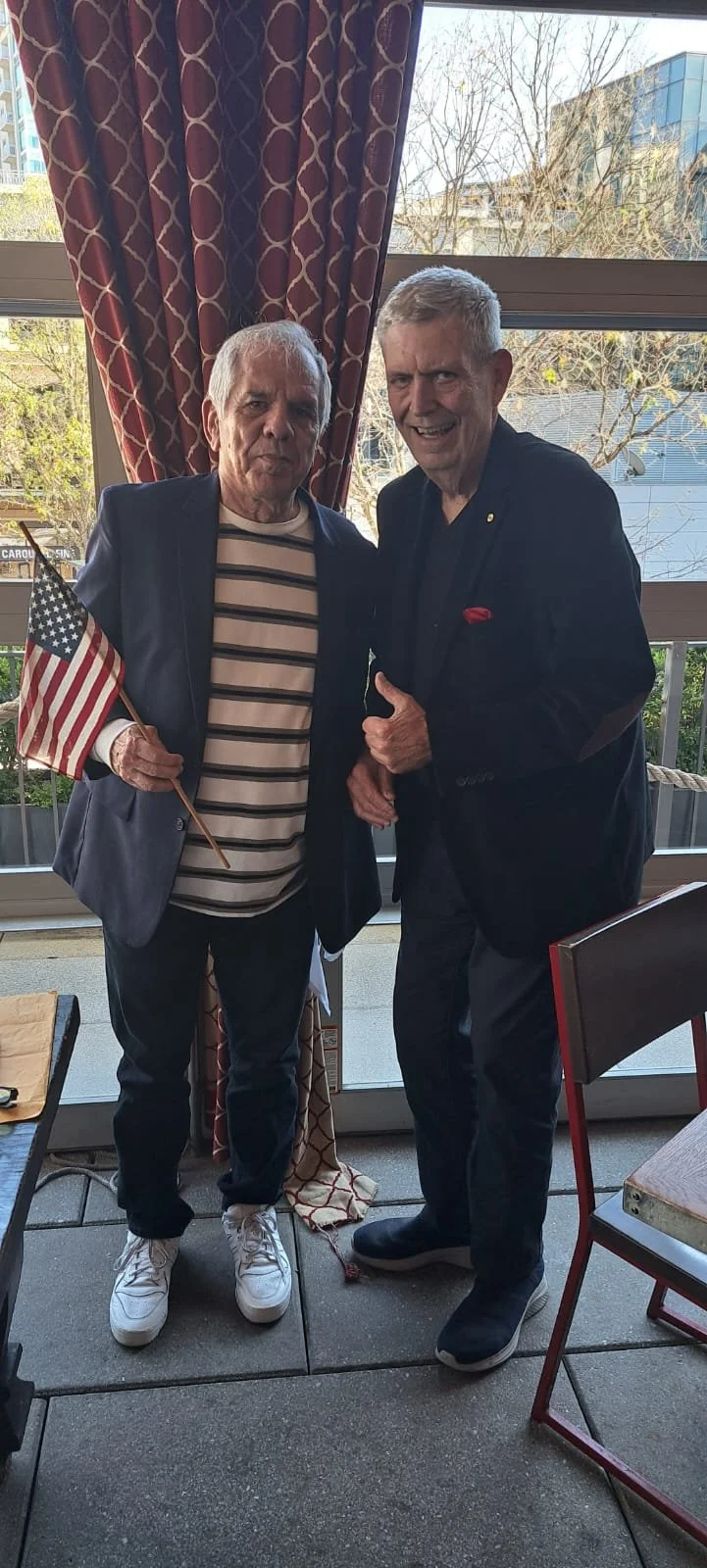PARIS – By any measure, landlocked Moldova, on the northeastern corner of the Balkans, is one of the poorest countries in Europe. Bordered by Romania to the west and Ukraine to the north, east and south, Moldova has been buffeted by an array of crises made all the more challenging in the past two years by the war nearby.
Over the past 30 or so years, roughly half the people who once called Modolva home – they’re gone. This exodus, this demographic decline, is so profound the situation is potentially, as a nation, existential. When it gained independence amid the end of the Soviet Union in the early 1990s, the population of Moldova was more than 4 million. Currently: 2.5 million, and dropping.
Before these Paris Games, Moldova had won a total – since its first appearance, in Atlanta in 1996, as an independent entity – of six medals.
Now, already, here two.
Both in judo. Both bronze.










